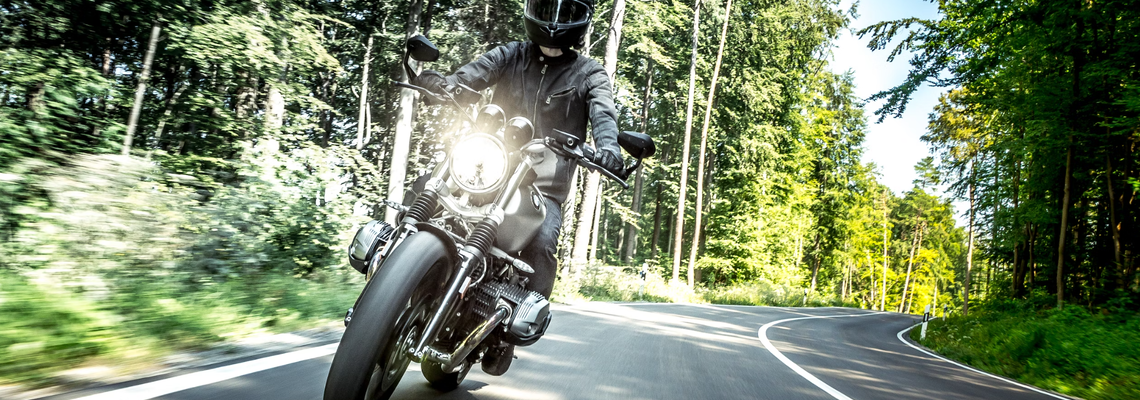
Biker shock: Lower Saxony bans combustion motorbikes on popular holiday route
A driving ban for combustion motorbikes through the back door - this is how bikers see the new pilot project in Lower Saxony. This is about noise reduction and only affects motorbikes with a stationary noise level of 90 decibels. However, this affects almost all combustion engines. Not only bikers feel cheated, the hotel industry in the area also sees itself jeopardised by the project.
In the district of Holzminden in Lower Saxony, a pilot project is currently being run by Deutsche Umwelthilfe (DUH) with the aim of reducing noise pollution from motorbikes. According to umwelt.niedersachsen.de, "two thirds of the German population feel disturbed and annoyed by road traffic noise". The project aims to temporarily restrict the movements of certain motorbikes and thus create so-called "noise breaks".
The restrictions are controversial and reactions to them are mixed. Some see the benefits and necessity of the measures. Others, especially motorcyclists and some business owners, have reservations.
As part of the "Against Motorbike Noise" project, which is being funded by the Ministry of the Environment in Lower Saxony with 100,000 euros, there are plans to heavily regulate motorbike rides between April and October. On every second weekend, riding will be completely banned on certain routes in the Weserbergland region, while on the other weekends all motorbikes with a stationary noise level of more than 90 decibels will be banned.
The Motorrad Online editorial team sharply criticises the measures and argues that they are based on a false foundation. It claims that it is not possible to draw conclusions about noise emissions while travelling from the stationary noise. In addition, the DUH is accused of deliberately labelling the road closures as a pilot project in order to limit the possibilities for legal action.
It is clear that almost all combustion engines will fall under the banned conditions. This means that only electric motorbikes would be allowed on the route - albeit through the back door.
The pilot project could have serious consequences for the hotel industry. The well-known motorbike hotel Villa Löwenherz in Lauenförde is located directly on the closed roads. If the project is permanently implemented, this could mean that the hotel can no longer be legally accessed by many motorbikes.
The discussion about noise protection and the associated measures is not new and is not limited to Lower Saxony. A comparable regulation already exists in Außerfern in Tyrol, Austria. Here, too, the stationary noise is decisive, although the limit value of 95 decibels is somewhat higher than in Lower Saxony.
The DUH pilot project in Lower Saxony is an important step towards noise protection. Noise pollution is a health risk that can lead to both mental and physical illnesses. However, creating a de facto driving ban for combustion motorbikes without clearly communicating this is questionable. Nevertheless, it is clear that motorcyclists, just like car drivers, are not immune to environmental and health protection restrictions.
